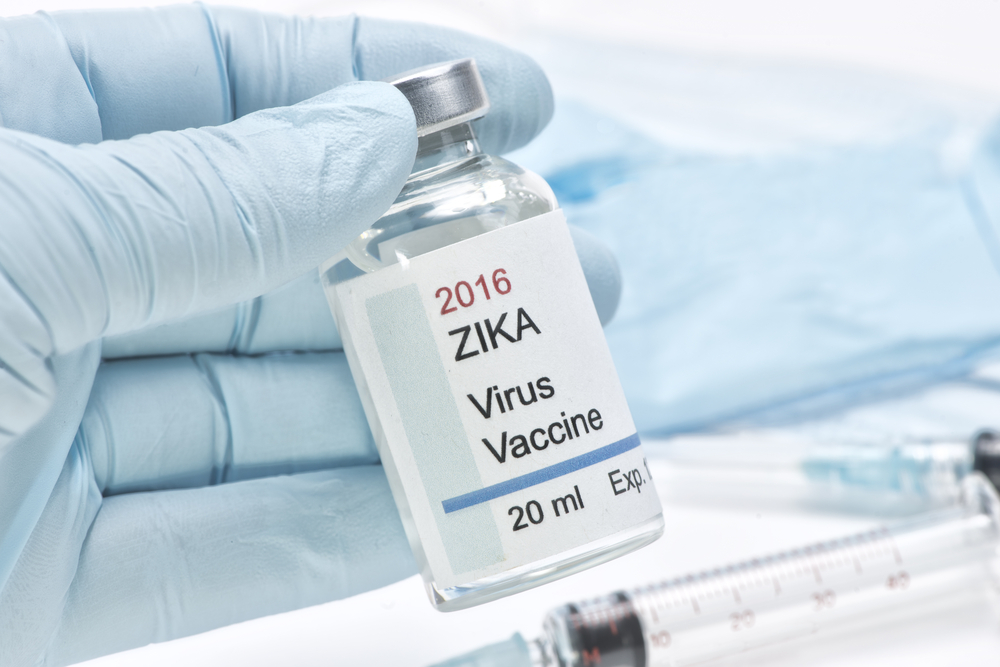
An investigational vaccine developed by scientists at the Walter Reed Army Institute of Research and Technology (WRAIR) successfully triggered an immune response among adult participants of clinical trials, according to a study published on Monday.
The Zika purified inactivated virus (ZPIV) contains whole particles of the virus that have been inactivated and cannot replicate or cause disease in humans. The protein shell of the virus remains intact, however, so the immune system can recognize it.
WRAIR has developed the vaccine and is funding clinical trials with the National Institute of Allergy and Infectious Diseases (NIAID), an offshoot of the National Institutes of Health (NIH).
“A vaccine is urgently needed to help prevent Zika infection, which can cause birth defects and other developmental abnormalities in babies born to infected women, as well as a constellation of other health problems in infected adults and children,” NIAID Director Anthony Fauci said. “We are encouraged by initial clinical trial results that indicate the ZPIV vaccine is safe and immunogenic, data that support additional clinical testing of the vaccine to determine its ability to prevent Zika virus infection.”
The investigational vaccine was administered along with an adjuvant containing aluminum salts that induce stronger immune response to 55 of the study’s 67 adult participants. Intramuscular injections were administered four weeks apart, and the study was double-blinded.
Zika virus antibodies were identified in blood samples collected from more than 90 percent of participants who received the vaccine. Researchers haven’t determined the concentration of antibodies required to prevent congenital infection.
“Zika remains a threat to U.S. military personnel and families of service members,” Col. Nelson Michael, the Zika program leader at WRAIR, said. “We aim to develop a vaccine to protect the military, as well as the global community.”




